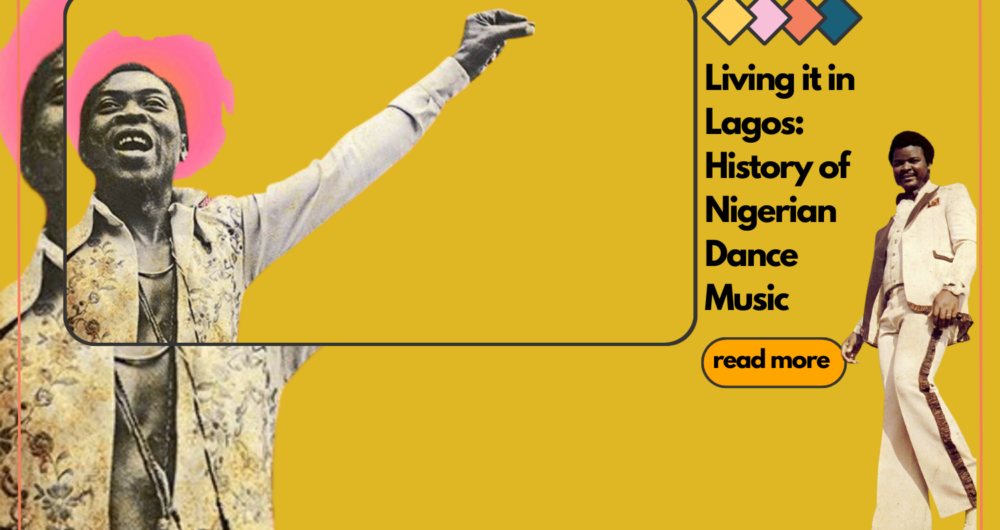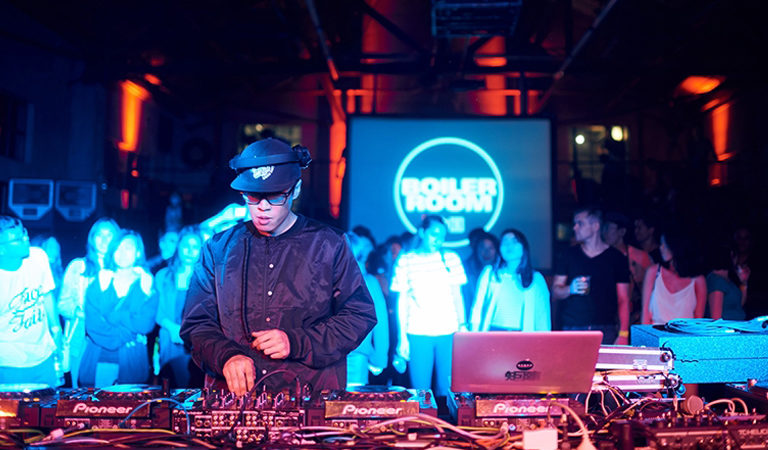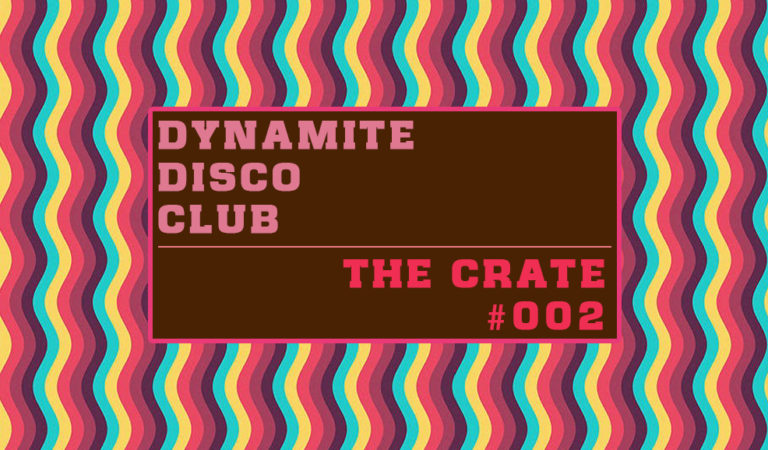Nigerian music is without a doubt some of the most dynamic and engaging in the entire world. Indigenous, Apala, Jùjú, Ogene, Fuji, Afrobeat, Afro-juju, Igbo Highlife, Waka, Igbo rap, Yo-pop, as well as Gospel are the genres most well-known internationally from Nigeria. The onslaught of globalization also engendered a cross-pollination and transplantation of foreign music styles into the Nigerian music palette, thereby recreating bifurcated music genres like afro-pop, afro-soul, afro-funk, afro-disco, as well as afro-gospel and afro-reggae.
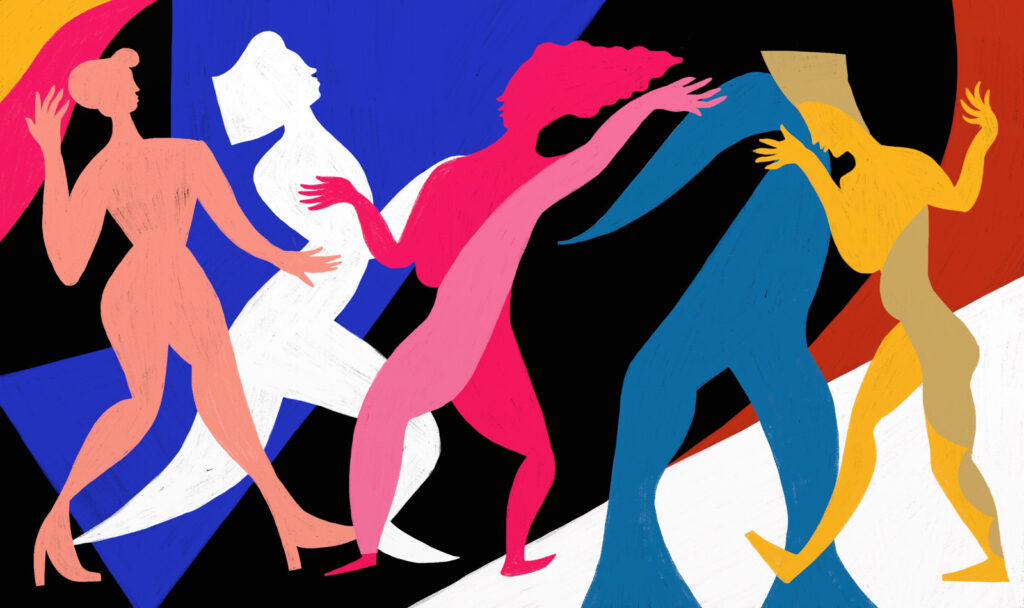
In the early 70s, Disco and Afrofunk flourished through the likes of The Sahara All Stars from Jos, then came Afrobeats in all its controversial glory. Afrobeat, in its original form finds its root in Ghana, but it became fully fleshed in Nigeria through the late Fela Kuti. Afrobeat is an infusion of jazz, highlife and funk with live instruments a very key element of the sound.
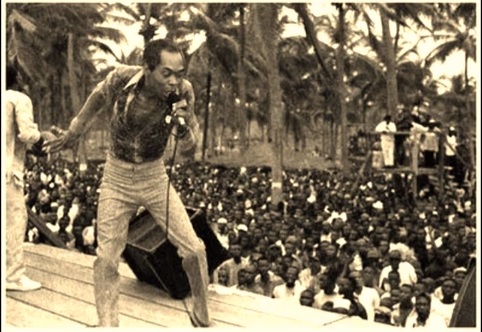
The 1970s was the era of Fela Anikulapo-Kuti, the music maverick-extraordinaire, Nigeria’s foremost protest musician and pioneer of the Afrobeat genre. Following his exposure to the American counter-cultural movements of the 1960s, Kuti changed musical direction and became the voice of the people. He would musically tackle issues of social injustices, effects of colonization on the African mental integrity, eurocentric religion’s exploitative propensity, economic exploitation by multi-national corporations, military corruption and complicity in the overall sociopolitical and economic subjugation of Nigerians, etc.
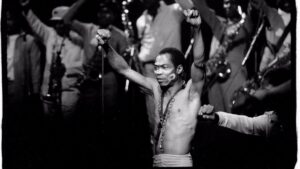
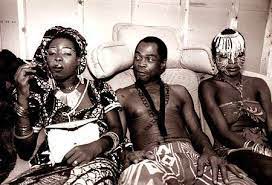
Kuti’s authenticity and outspokenness often incited military resistance and drew the ire of the elite class. He even formed his very own republic called ‘Kalakuta’. This was Fela’s way of denying the Nigerian regime and resisting against it. In this republic, he reunited many friends, band members, family and even established a recording studio. Fela’s followers help further the electronic side of Afrobeat with African Disco and Funk.
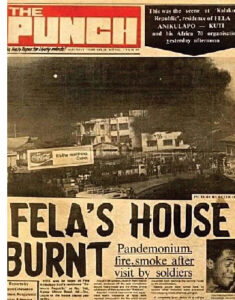
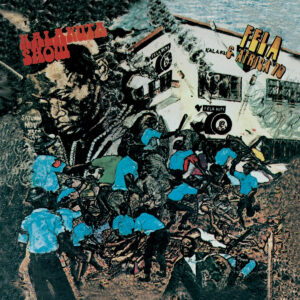
Fela not only made striking changes in human lives, but he inspired many others to fight back with music. Numerous contemporary musicians started forming their labels, running radio stations, and just like Fela, rebelling peacefully.
As the ‘70s progressed, artists and producers across the African continent began creating their own takes on the American disco sound, fusing it with local musical styles and rhythms. The elongation and elastication of the funk was the disco aesthetic in a nutshell and other African variants on this theme (Fela’s ‘Shakara’; Osibisa’s ‘Music For Gong Gong’; Buari’s ‘Advice From Father’) would become minor disco classics.
William Onyeabor created a new chapter of Afro-Funk by fusing metronomic rhythms, multi-tracked synths, and unmistakable African highlife with a smooth and natural groove. He still remains one of the most mysterious figure to come out of the Nigerian music scene. Jake Sollo, Tony Okoroji and Nkono Teles were other producers, who moved with the times, creating an Afro-boogie sound that matched that of their American counterparts. Look no further than “Fella’s Doing It In Lagos’ by the group Hotline, a P-Funk flavored slab of electro guaranteed to blow any dancefloor apart.
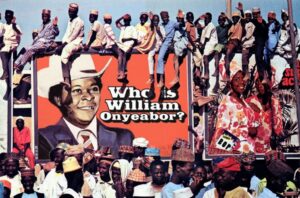
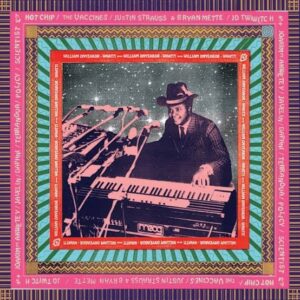
Steve Monite was among the first musicians to sojourn abroad in search of ‘different sounds’. The result? A commercially risky melange of RnB, Synth-y Funk and Disco, or better yet what is called ‘Boogie’ or ‘Electro-funk’. It was a risk that would change his life, his career, and the face of the Nigerian music community. His music and that of his contemporaries, offer a glimpse at the slick, progressive music that was coming out of Nigeria at that time.
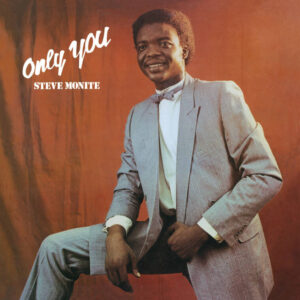
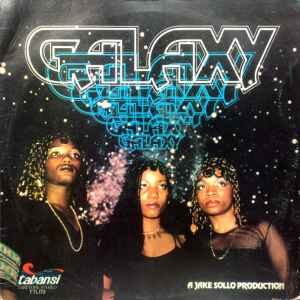
Contemporary Nigerian music, like its forebears, exists mostly for dance. There is the lean niche market for introspective, instrumentation-based alternative markets suited for cafes and cabarets, but in Lagos, nightclubs and lounges are the rule, not the exception.

